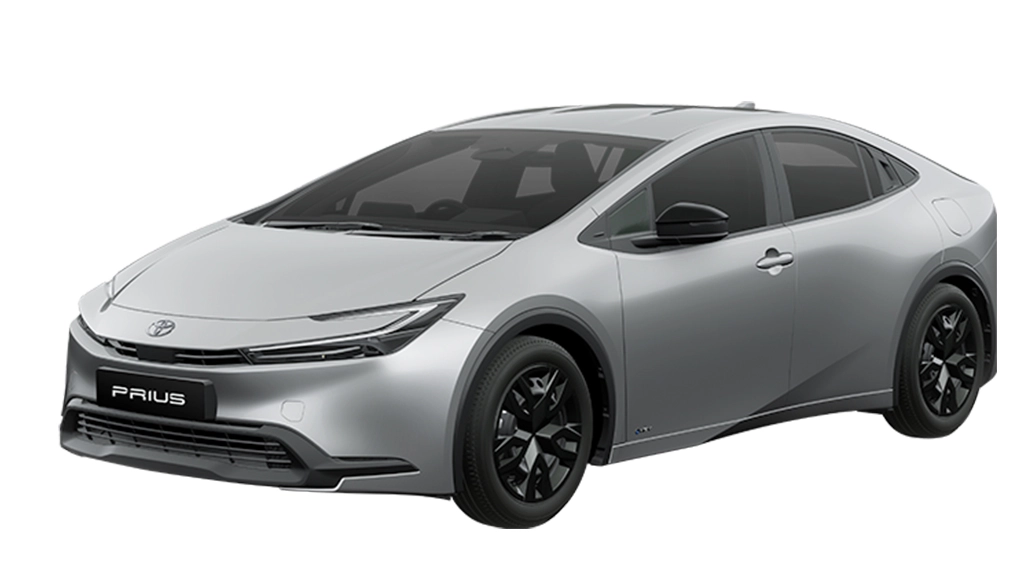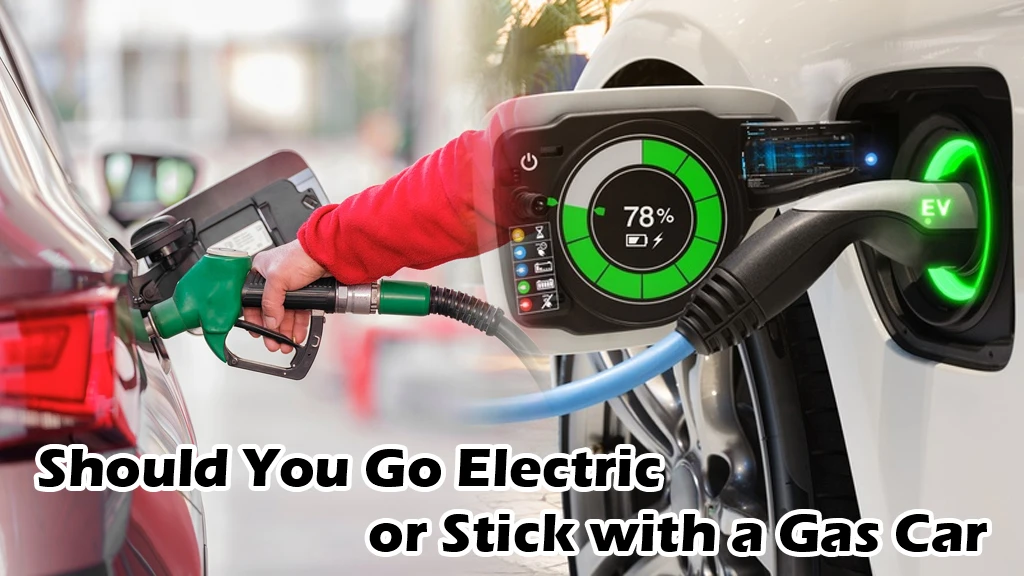The transition to electric vehicles (EVs) is accelerating globally, but for many Americans, the choice between an electric car and a traditional gas-powered vehicle remains complex. With shifting policies, evolving technology, and diverse lifestyles, the “right” decision depends on your priorities, budget, and daily needs. Let’s break down the key factors to help you decide.
1. Upfront Costs: EVs vs. Gas Cars
| Factor | Gas Cars | Electric Cars |
|---|---|---|
| Base Price | Generally cheaper (e.g., Toyota Camry: ~$28,000). | Higher starting prices (e.g., Tesla Model 3: ~$40,000). |
| Tax Credits | No federal incentives (some state offers). | Up to $7,500 federal tax credit (eligibility varies by model and income). |
| State Incentives | Rare. | Extra rebates (e.g., CA: 2,000;NY:2,000;NY:500–$2,000). |
Key Takeaway:
EVs are pricier upfront, but federal and state incentives can slash costs. For example, a 40,000EVmightdropto∗∗40,000EVmightdropto∗∗30,500** after federal and California rebates. However, not all EVs qualify for the full $7,500 credit—check the IRS eligibility list.

2. Long-Term Savings: Fuel, Maintenance, and Repairs
- Fuel Costs:
Gas cars: At $3.50 per gallon of gas, with 30 miles per gallon, the cost for driving 12,000 miles per year is $1,400.
EVs: At 0.15/kWh and 3.5miles/kWh, the same mileage costs 0.15/kWh and 3.5 miles/kWh, the same mileage costs 514—63% cheaper.
- Maintenance:
Gas cars: Oil changes, transmission fluid, and exhaust systems add up (~$1,200/year).
EVs: No oil changes, fewer moving parts (~$600/year savings).
- Battery Replacement:
EV batteries last 8–15 years, but replacement costs 5,000–5,000–20,000. Many brands offer 8-year/100,000-mile warranties.
Verdict: EVs win for long-term savings if you drive enough to offset the higher upfront cost.
3. Range and Charging: Can EVs Keep Up with American Lifestyles?
- Range:
Gas cars: 300–400 miles per tank, refuel in 5 minutes.
EVs: Most new models offer 250–350 miles. Cold weather can reduce range by 20–30%.
- Charging Infrastructure:
Public chargers: The U.S. has ~160,000 public ports (up 40% since 2020), but reliability varies.
Home charging: 80% of EV owners charge overnight. Installation costs 1,000–2,500 for a Level 2 charger.
Who’s at Risk for “Range Anxiety”?
- Road-trippers in rural areas (e.g., Montana, Wyoming).
- Apartment dwellers without home charging.

4. Environmental Impact: Are EVs Truly Greener?
- Tailpipe Emissions: EVs produce zero emissions, but the overall footprint depends on your local power grid.
Clean grids (e.g., California, Washington): EVs cut CO₂ by 60–80% vs. gas cars.
Coal-heavy grids (e.g., West Virginia): EVs still reduce emissions by 30–50%.
- Battery Production: Mining lithium and cobalt raises ethical and ecological concerns. However, recycling programs are expanding.
Bottom Line: EVs are cleaner over their lifetime, especially as grids shift to renewables.
5. Policy and Future-Proofing
- Bans on Gas Cars: States like California and New York will ban new gas car sales by 2035.
- Resale Value: Gas cars currently have higher resale rates, but EV values are stabilizing as demand grows.
Who Should Buy an EV Today?
✅ Ideal For:
- Urban/suburban drivers with home charging.
- High-mileage commuters (e.g., 15,000+ miles/year).
- Eco-conscious buyers in states with clean energy and rebates (CA, CO, MA).
🚫Think Twice If:
- You road-trip frequently through charging deserts.
- You live in extreme climates (e.g., Minnesota winters).
- Your budget is tight, and incentives don’t apply.
Hybrids: A Compromise?
Plug-in hybrids (PHEVs) like the Toyota Prius Prime or Ford Escape PHEV offer 20–40 miles of electric range plus a gas backup. They’re a practical middle ground for hesitant buyers.

The Final Decision
Choose an EV if:
- You prioritize long-term savings and sustainability.
- Your daily drives fit within 200 miles, and charging is accessible.
Stick with gas if:
- You need a budget-friendly car for occasional use.
- Your lifestyle demands flexibility (e.g., cross-country travel).
The Road Ahead:
EV adoption in America is inevitable, but gas cars aren’t obsolete yet. Test-drive both, calculate your 5-year costs, and weigh what matters most—your wallet, the planet, or peace of mind.
What’s your take? Share your EV or gas car experiences in the comments!
SEO Keywords: Electric vs gas cars USA, EV tax credit 2024, charging infrastructure America, cost of owning an EV.

